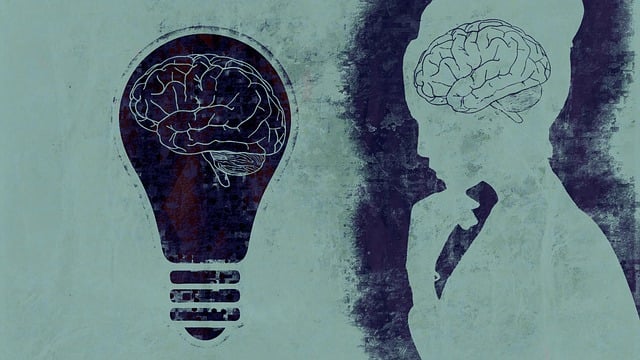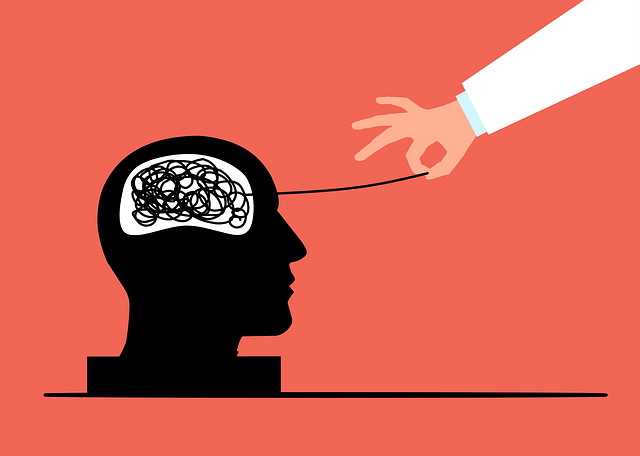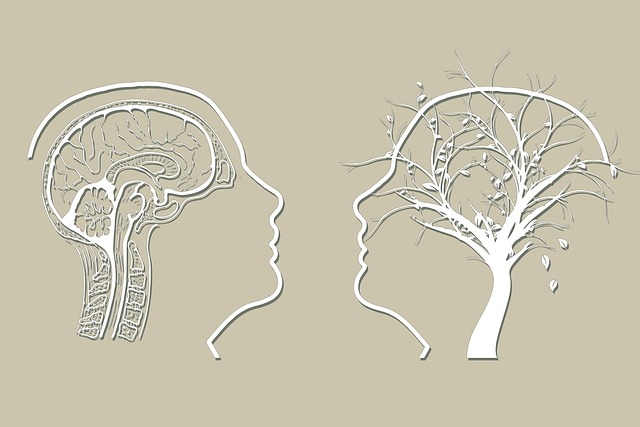Cultural competency training is crucial in healthcare, enabling providers to deliver tailored, respectful care that considers diverse cultural beliefs and values, impacting patient health positively. Integrating this education helps navigate ethical dilemmas, overcome biases, and provide superior gender-affirming care therapy, leading to effective stress management and mental health programs. Interactive workshops focusing on open dialogue, empathy, and diverse perspectives, combined with mindfulness meditation and community outreach, enhance cultural competency. This approach fosters stronger patient-provider relationships, reduces barriers to care, and ultimately improves health outcomes for all patients, particularly those from diverse gender and background communities.
Healthcare provider cultural competency training is an essential pillar for delivering superior, quality care. In a diverse society, understanding cultural nuances is crucial to ensuring patient comfort and trust. This article explores cultural competency in healthcare, focusing on why it matters and how implementing gender-affirming practices significantly enhances patient experiences and outcomes. We’ll delve into effective training strategies for medical professionals, emphasizing the importance of education in fostering inclusive care environments.
- Understanding Cultural Competency in Healthcare: Why It Matters for Quality Care
- Implementing Gender-Affirming Practices: Enhancing Patient Experience and Outcomes
- Training Strategies for Effective Cultural Competency Education in Medical Settings
Understanding Cultural Competency in Healthcare: Why It Matters for Quality Care

Cultural competency in healthcare is a critical aspect that ensures every patient receives quality care tailored to their unique cultural background and identity. It involves understanding and appreciating diverse cultural beliefs, practices, and values, which can significantly impact an individual’s health and wellness. In today’s diverse society, healthcare providers must be equipped to deliver superior gender-affirming care, respecting and honoring the self-care practices and mental health needs of patients from various ethnic, racial, and gender backgrounds.
By integrating cultural competency training into healthcare education, organizations can foster an environment where professionals are sensitive to unconscious biases and can navigate complex ethical dilemmas. This training encourages providers to go beyond language translation and delves into the heart of cultural nuances, ensuring that stress management workshops and mental health awareness programs are inclusive and effective for all patients. Ultimately, cultural competency is key to building strong patient-provider relationships, improving healthcare outcomes, and creating a more equitable and accessible healthcare system.
Implementing Gender-Affirming Practices: Enhancing Patient Experience and Outcomes

Implementing Gender-Affirming Practices is a significant step in enhancing patient experience and outcomes within healthcare settings. By embracing superior gender-affirming care therapy, providers can create a more inclusive environment that respects and validates patients’ identities and experiences. This approach is crucial for improving access to quality healthcare, especially for individuals from diverse gender backgrounds who may face barriers due to misalignment between their lived gender and societal expectations.
Gender-affirming practices focus on building empathy and resilience among healthcare providers. Effective strategies include comprehensive training in understanding gender identity, expression, and diversity. These initiatives also emphasize the importance of non-judgmental attitudes and tailored communication techniques. By incorporating such methods, healthcare professionals can reduce potential barriers to care, foster stronger patient-provider relationships, and ultimately contribute to improved health outcomes. Moreover, addressing burnout prevention strategies for healthcare providers is integral to sustaining a culture that promotes gender-affirming practices, ensuring resilience building and empathy within the medical community.
Training Strategies for Effective Cultural Competency Education in Medical Settings

Cultural competency training is essential for healthcare providers to deliver superior gender-affirming care. Effective strategies involve interactive workshops that encourage open dialogue and foster empathy. These sessions should explore diverse cultural perspectives, including LGBTQ+ identities, race, ethnicity, and socioeconomic backgrounds. By creating a safe space for participants to share experiences and learn from one another, training can break down barriers and improve patient interactions.
Incorporating practices like mindfulness meditation and community outreach program implementation further enhances cultural competency. Mindfulness exercises promote self-awareness, enabling providers to recognize their biases and respond with sensitivity. Community outreach programs connect healthcare professionals with diverse populations, offering insights into unique cultural needs and challenges. These initiatives collectively contribute to creating an inclusive medical environment that prioritizes mental wellness for all patients.
Cultural competency training is an essential aspect of modern healthcare, fostering superior gender-affirming care. By implementing effective education strategies and embracing diverse practices, medical professionals can enhance patient experiences and outcomes. This article has explored the significance of cultural awareness in healthcare, offering insights into training methods that empower providers to offer compassionate and inclusive care to all patients, regardless of their background or identity. Through these initiatives, the healthcare industry can move towards a more equitable and accessible future, ensuring everyone receives the best possible treatment.














